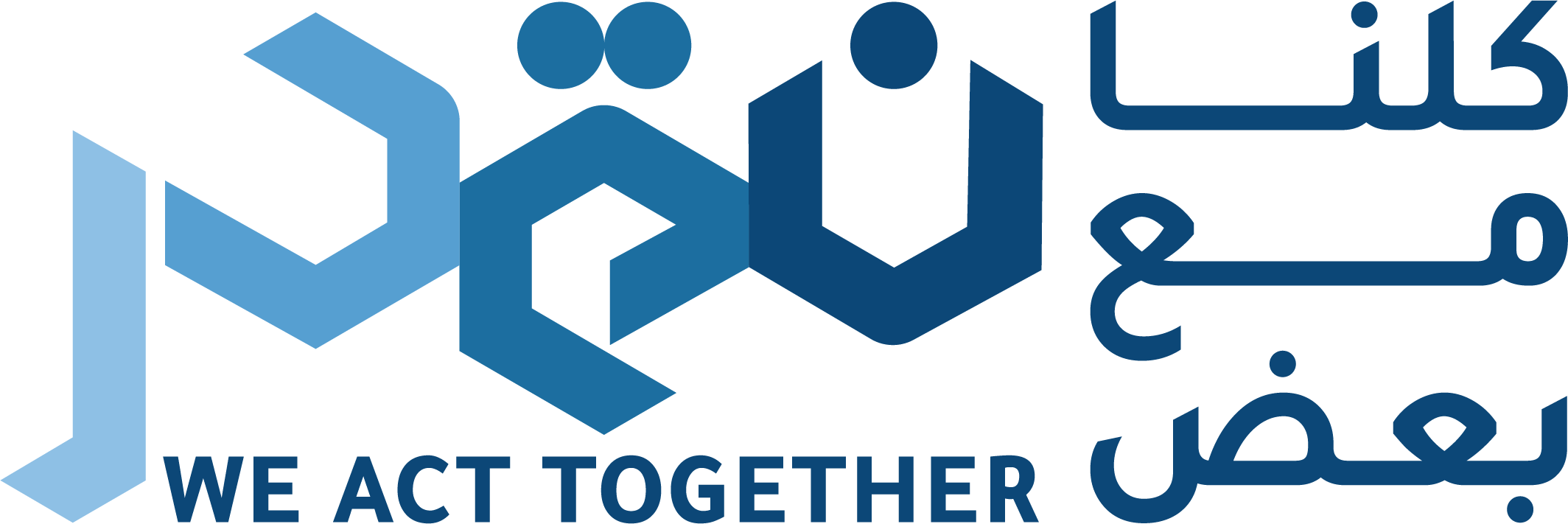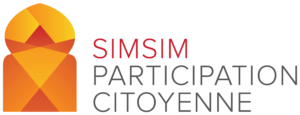Freedom of Association in Morocco – Subsequent to the 2011 Constitution
| GCHR
Freedom of Association in Morocco
Subsequent to the 2011 Constitution
The 2011 constitution in Morocco brought many benefits to the civil society. However, the actual political situation has not yet allowed enforcing them on the ground.
Research Paper
October 2022
Executive Summary
The 2011 constitution in Morocco brought several gains to civil society in terms of participatory democracy; especially with regard to the right to submit petitions and appeals. However, the post-Arab Spring political realities, as well as the COVID-19 crisis, did not allow Moroccan civil society to benefit from these new legal developments on the ground, as freedom of association declined under pressure from the authorities and restrictions on freedom of association.
The 2011 constitution for freedom of association in Morocco brought a flicker of hope which was very short-lived. The authorities went back to their same old administrative methods to restrict the work of some civil society associations which defend human rights and obstruct their work, in a context in which freedom of expression, press and other freedoms essential to an efficient civil society have declined.
This research was commissioned by SimSim – Participation Citoyenne, as part of the “WeActTogether” Campaign which highlights the role that civil society has played in successfully advocating rights and freedoms while also highlighting the importance of civil society as a platform from which individuals may voice their opinions and demands. The Campaign was part of a joint project of the Innovation for Change Middle East and North Africa Hub and the Gulf Centre for Human Rights (GCHR), in partnership with SimSim and other CSOs. For more information, please visit the campaign’s website
Introduction
Moroccan civil society suffers from several problems, including a lack of financial resources, the bulk of which comes through international cooperation, while domestic financial support remains limited. External funding does not play a role in sustaining the work of civil society, but it is sometimes viewed as support aimed at serving foreign agenda[1], in an attempt to undermine the credibility of Moroccan civil society. This perception is used by parties that want to limit the impact and role of associations in defending the human rights agenda in particular.
Civil society associations in Morocco also suffer due to the inadequacy of human resources to work in this field, and sometimes the complete absence of such resources in the job market. Personnel who work in civil society were either self-trained within the civil society itself, or come from universities and higher education institutes in which education is not primarily directed towards working in civil society. This causes an enormous shortage of competencies in certain areas, such as financial aspects, human resource management, as well as monitoring and evaluation.
However, these are secondary problems when compared to the volume of the challenges caused by the restrictions imposed by the authorities against civil society, especially the organizations that defend human rights and public liberties. In recent years, there have been some cases of the authorities restricting the work of some associations or obstructing their work.
When it comes to upholding human rights, there is no dialogue between the state and civil society associations that defend human rights, which continue to be viewed by the state authorities as entities implementing a foreign agenda (which was expressed in some press articles in particular[2]), or as though they aim to downplay the state’s efforts for protecting human rights, while the associations believe that what the state is doing in this field is not enough, given that human rights abuses continue to occur, especially those related to the violation of freedom of expression and association.
Misunderstanding sometimes, and restrictions by the authorities at other times, have limited the effectiveness of the gains from the 2011 Constitution, which are considered significant compared to what was available to civil society in previous constitutions. This constitution, which was written against the backdrop of the Arab Spring, gives civil society associations the right to submit petitions and appeals to the authorities, in order to strengthen participatory democracy in the country. Nevertheless, the reality that emerged after the Arab Spring had an adverse effect on what was stated in the Constitution brought by the Arab Spring.
Download the Full Report here:
[1] France 24: The Moroccan government accuses rights associations of receiving “external funding” and “serving foreign agenda”.
[2] Hespress: Hassad (Minister of the Interior): Associations serve a foreign agenda.. and Al-Riyadi (President of the Moroccan Association for Human Rights): We will not be silent.


